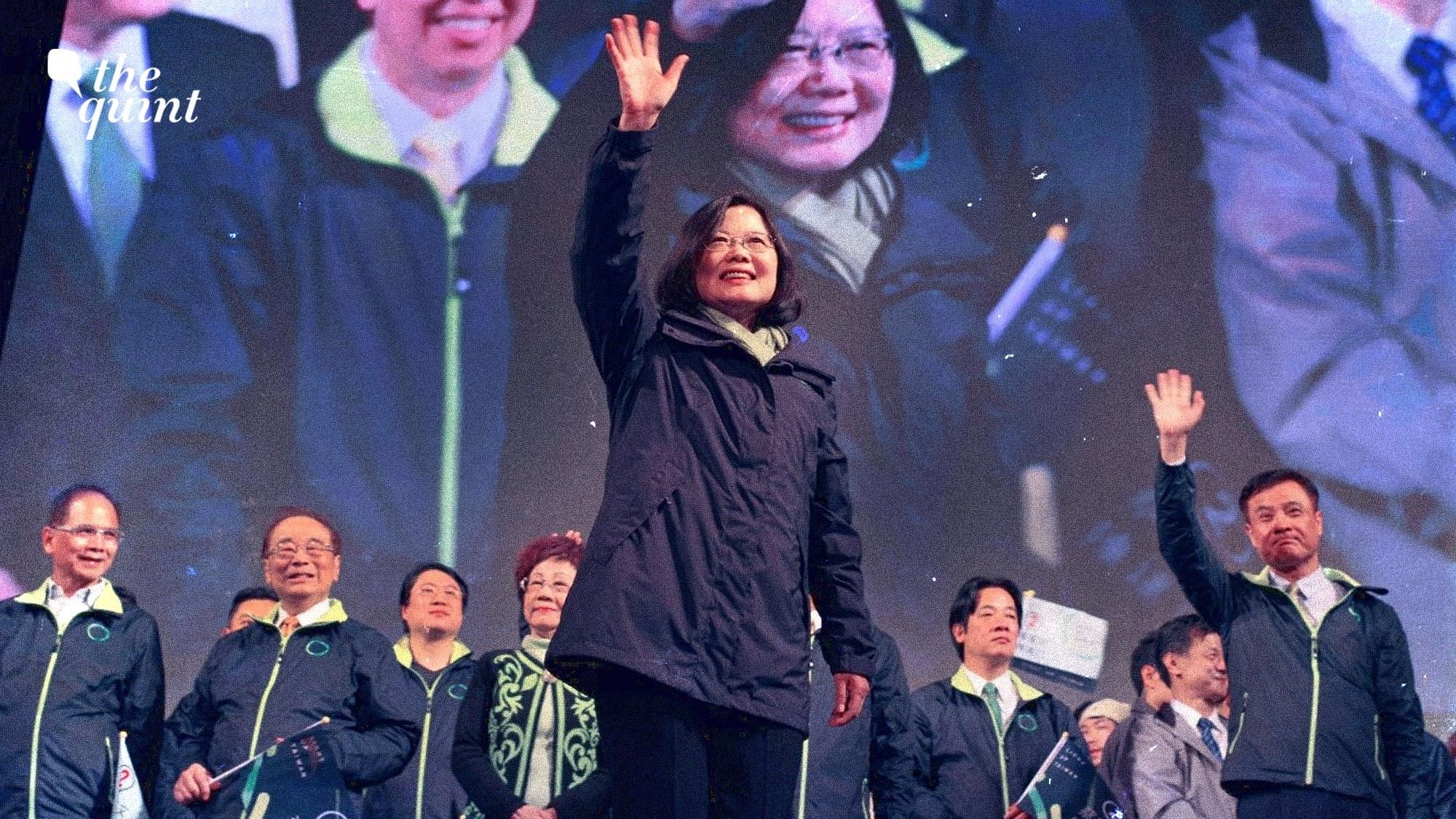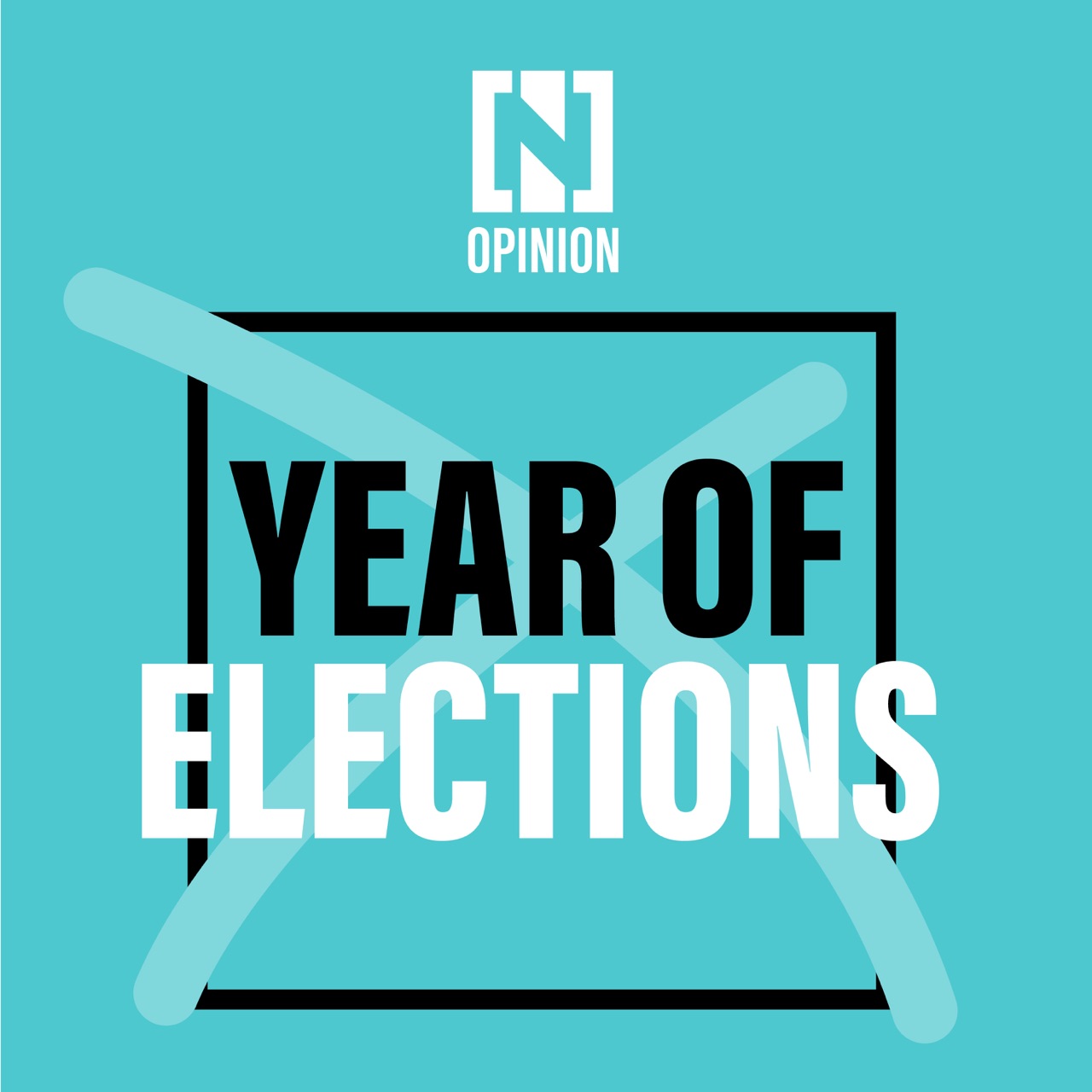World Updates | Update information about politics and social around the world
Join The Taiwan People's Party: Shaping Taiwan's Political Landscape
Seeking to understand the dynamic political landscape of Taiwan? Look no further than the Taiwan People's Party (TPP). This up-and-coming political force has emerged as a significant player, challenging the traditional two-party system and offering a fresh perspective on Taiwan's future.

Mathews Phosa’s ‘Witness to Power’: A Deep Dive into South Africa’s - Source centralnews.co.za
Editor's Note: Join The Taiwan People's Party: Shaping Taiwan's Political Landscape has published today date. This comprehensive guide delves into the TPP's platform, key figures, and impact on Taiwan's political dynamics.
Through meticulous analysis and extensive research, we have crafted this guide to provide valuable insights into the TPP's role in shaping Taiwan's political landscape. Our aim is to empower individuals with the knowledge to make informed decisions regarding their political engagement and understanding of Taiwan's political evolution.
Key Takeaways:
FAQ
This FAQ section delves into questions and misconceptions regarding "Join The Taiwan People's Party: Shaping Taiwan's Political Landscape." Here, we provide informative answers to aid in understanding the significance of this political movement.

US-China-Taiwan: Taiwan's Political Rivals' Trip to China & US - Source www.thequint.com
Question 1: What are the fundamental principles of the Taiwan People's Party?
The Taiwan People's Party stands on the pillars of honesty, competence, and progressiveness. It seeks transparency and integrity in government, values expertise and meritocracy, and embraces innovation and modernity while balancing tradition and progress.
Question 2: How does the Taiwan People's Party aim to shape Taiwan's political landscape?
By promoting a politics of civility and dialogue, the party strives to foster a more harmonious and productive political environment. It advocates for evidence-based policymaking, technological advancement, and international cooperation.
Question 3: What are the key policies proposed by the Taiwan People's Party?
The party's proposed policies encompass various areas, including economic growth, social welfare, environmental sustainability, and defense. It emphasizes innovation, entrepreneurship, and a competitive economy while prioritizing social justice, healthcare, and environmental protection.
Question 4: How does the Taiwan People's Party differ from other political parties in Taiwan?
The Taiwan People's Party distinguishes itself by rejecting traditional political factions, promoting meritocracy and non-partisanship, and embracing a pragmatic approach to policymaking. It seeks to bridge the gap between citizens and government, fostering a sense of shared ownership and responsibility.
Question 5: What are the opportunities for involvement with the Taiwan People's Party?
Individuals can engage with the Taiwan People's Party by joining as members, participating in local chapters, attending events, and contributing to policy discussions. The party welcomes diverse perspectives and encourages active participation from citizens.
Question 6: What is the vision of the Taiwan People's Party for Taiwan's future?
The Taiwan People's Party envisions a Taiwan that is prosperous, just, and influential in the international community. It seeks to build a nation where democracy, human rights, and economic opportunity thrive for all its citizens.
In conclusion, the Taiwan People's Party offers a refreshing and promising alternative in Taiwan's political landscape. By adhering to its core principles and engaging with citizens, it aims to shape a better future for the nation.
Click below to learn more about the Taiwan People's Party.
Tips to Shape Taiwan's Political Landscape
Harness the collective wisdom of Taiwan's citizens. Join The Taiwan People's Party: Shaping Taiwan's Political Landscape and contribute your unique perspectives and ideas to forge a better future for all.

Inside Russia's political landscape and Putin’s popularity – Year of - Source podtail.com
Tip 1: Engage in open and constructive dialogue.
Foster a culture of respectful discussion and exchange of ideas. Encourage diverse opinions and perspectives to enrich the decision-making process.
Tip 2: Promote transparency and accountability.
Establish clear and accessible channels for citizens to access information about government policies and actions. Ensure robust mechanisms for holding officials accountable for their decisions.
Tip 3: Strengthen civil society organizations.
Support and empower non-governmental organizations that play a vital role in promoting democratic values, monitoring government performance, and advocating for the needs of the people.
Tip 4: Invest in youth engagement.
Nurture the political awareness and participation of young people. Provide opportunities for them to engage in policy discussions and decision-making processes.
By implementing these tips, Taiwan can strengthen its democracy, promote political stability, and pave the way for a more just and prosperous society.
Join The Taiwan People's Party: Shaping Taiwan's Political Landscape
The Taiwan People's Party (TPP) has emerged as a significant force in Taiwan's political landscape, introducing fresh perspectives and challenging the status quo. To understand its impact, it's essential to examine key aspects that define its role in shaping Taiwan's political trajectory.
- Innovative Policies: The TPP advocates for progressive policies focused on social justice, economic development, and environmental sustainability.
- Youth Engagement: The party активно привлекает молодое поколение, предлагая им платформу для участия в политических процессах.
- Civic Engagement: The TPP emphasizes grassroots involvement, encouraging citizens to actively participate in shaping their communities.
- Electoral Success: Since its formation in 2019, the TPP has consistently gained electoral ground, demonstrating its growing support base.
- Political Disruption: The TPP's emergence has disrupted Taiwan's traditional two-party system, forcing other parties to adapt and respond.
- Future Influence: The TPP's continued growth and influence will likely reshape Taiwan's political landscape in the years to come.

Taiwan legislative hopeful hits back at claims of Communist Party past - Source www.taiwanamerica.com
These key aspects highlight the TPP's transformative role in Taiwan's politics. By embracing innovative policies, engaging youth and citizens, and challenging the status quo, the TPP has redefined the political landscape, paving the way for a more dynamic and inclusive future for Taiwan.

Hong Kong's Political Landscape - Hong Kong's Political Landscape - Source www.studocu.com
Join The Taiwan People's Party: Shaping Taiwan's Political Landscape
The Taiwan People's Party (TPP) is a relatively new political party in Taiwan, founded in 2019 by former Taipei mayor Ko Wen-je. The party's platform is based on social liberalism and fiscal conservatism, and it has quickly gained popularity among voters who are dissatisfied with the two major parties, the Kuomintang (KMT) and the Democratic Progressive Party (DPP).

Lee Jun-seok: The New Face of Opposition in South Korea’s Political - Source www.newsdirectory3.com
The TPP's success is due in part to its ability to attract voters from both the pan-Blue and pan-Green camps. The party's platform appeals to voters who are tired of the political gridlock and corruption that has plagued Taiwan for decades. The TPP has also benefited from the growing popularity of Ko Wen-je, who is seen as a charismatic and independent leader.
The TPP's success has had a significant impact on Taiwan's political landscape. The party has forced the KMT and DPP to moderate their positions and has made it more difficult for them to maintain their grip on power. The TPP has also helped to create a more vibrant and competitive political system in Taiwan.
The TPP's success is a sign that Taiwan's political landscape is changing. Voters are becoming more dissatisfied with the status quo and are looking for new alternatives. The TPP is well-positioned to take advantage of this trend and could play a major role in shaping Taiwan's political future.
| TPP | KMT | DPP | |
|---|---|---|---|
| Ideology | Social liberalism, fiscal conservatism | Chinese nationalism, conservatism | Taiwanese independence, social democracy |
| Founded | 2019 | 1919 | 1986 |
| Leader | Ko Wen-je | Eric Chu | Tsai Ing-wen |
| Seats in the Legislative Yuan | 5 | 38 | 61 |
Conclusion
The TPP's success is a reminder that Taiwan's political landscape is constantly evolving. The party's ability to attract voters from both the pan-Blue and pan-Green camps shows that there is a growing demand for new alternatives in Taiwan. The TPP could play a major role in shaping Taiwan's political future, and its success is a sign that the country's political system is becoming more vibrant and competitive.
The TPP's success also highlights the importance of political reform in Taiwan. The party's platform is based on social liberalism and fiscal conservatism, which are both popular ideas among Taiwanese voters. The TPP's success shows that there is a demand for a more moderate and pragmatic approach to politics in Taiwan.